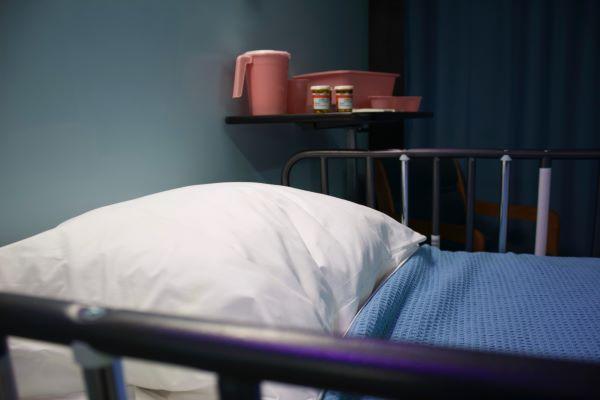What is a laparoscopy?
A laparoscopy is the most common way to diagnose endometriosis. During a laparoscopy, a small telescope (laparoscope) is inserted into the abdomen to look directly at the internal tissue. Laparoscopies are always carried out under general anaesthetic. During a laparoscopy various procedures can be performed in order to destroy or remove the endometriosis, endometriotic cysts and release scar tissue (adhesions).
You will have a pre-op assessment with your doctor some time before you have a laparoscopy. This is the ideal time to discuss any questions or concerns you have and to agree whether you would like your endometriosis to be treated if it is found. The hospital will write to you with basic instructions for the laparoscopy – but you may also find the following information helpful:
What to take with you to the hospital
Although a laparoscopy is commonly a day-case procedure, you may need to stay overnight or longer if they treat the endometriosis or if there are complications. It is worth taking a small overnight bag with you. Your own slippers and dressing gown will help provide some comfort on the ward. For 24 hours following an anaesthetic you are not allowed to drive.
You should be looked after following your laparoscopy, so arrange for a partner, friend or family member to come and pick you up from the hospital and stay with you afterwards. Ask them to bring a pillow or rug for the car journey home as the seatbelt can cause discomfort against your stomach and you may feel cold. It is possible you may vomit in the car so a bag or bowl would be useful.
It's worth noting that you may not be able to shower for 48 hours after a laparoscopy, so you may want to make sure you shower before going to hospital.
How you may feel after your laparoscopy
You have just had an anaesthetic so you will probably feel groggy and nauseous and perhaps need to vomit. During a laparoscopy, the abdomen is carefully filled with carbon dioxide, this helps lift the abdomen wall from the bowel to help insert the laparoscope. Following a laparoscopy, this excess gas can cause some discomfort. You may find that peppermint oil or peppermint tea help to ease these symptoms. A tube is inserted into your throat to help you breathe during your laparoscopy so your throat may feel sore. You will experience some vaginal bleeding. Most feel some discomfort following the laparoscopy but if you are in pain or are bleeding heavily, do tell a doctor or nurse. If you are worried about nausea and vomiting afterwards, discuss it with the doctor or nurse beforehand as there is medication that can help with this.
For the first couple of days after your laparoscopy you need to rest and let your body recover from the procedure. Gently moving around will help any excess gas to leave your body – but don’t overdo it. It is normal to feel weak and tired for about ten days following a laparoscopy – longer if you have had any surgical treatment. You will have a few stitches in your abdomen so be careful when bending, stretching and washing. Normally these are stitches that dissolve by themselves but if you experience any irritation or problems, contact your hospital.
Most experience a period of emotional ups and downs following surgery. All of this will pass in time and you will begin to feel in control again. Be gentle and patient with yourself during your physical and emotional recovery. Remember that we do have a free Helpline, run by trained volunteers that all have a direct experience of endometriosis.
Experiences with the first period after a laparoscopy can vary dramatically. If your period is more painful, longer, or heavier than usual, don't panic. Internal healing takes much longer than external healing. Therefore, your first few periods may be more painful. However, if you are concerned about the degree of pain, or if your pain is severe, contact your doctor.
We are grateful to www.endometriosis.org for their help with this information.
We only intend for this information to help you make any decisions you may face, but not to replace the medical advice from healthcare professionals. Please do continue to talk to your doctor if you are worried about any medical issues.
Laparoscopic Surgery for Endometriosis
As a charity, Endometriosis UK relies on support from people like you. If you found this page helpful please consider making a donation. Thank you.


